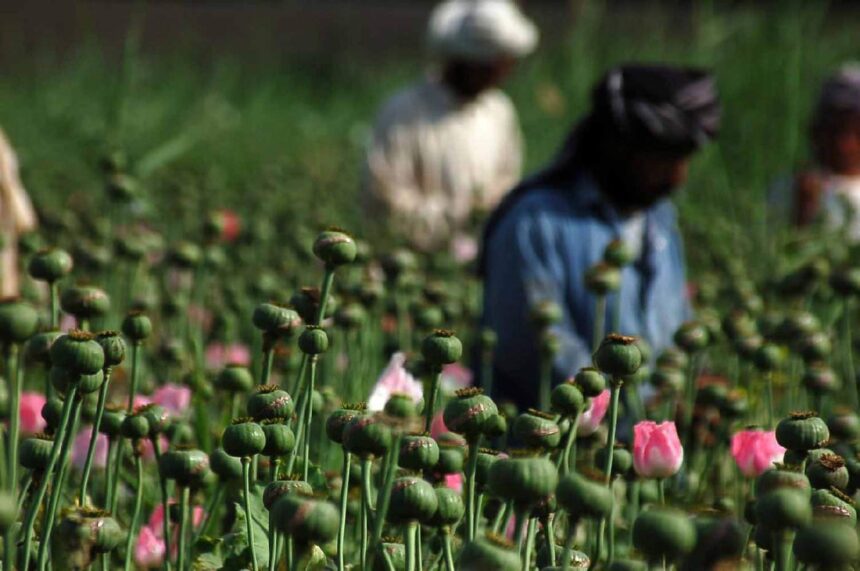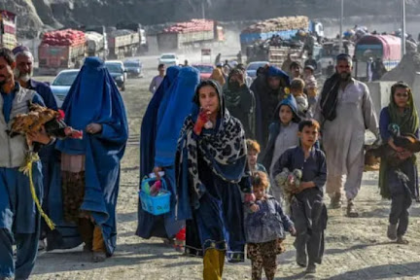RASC News Agency: Kanibek Yusupov, the Head of Prevention and Public Relations at Kyrgyzstan’s Drug Trafficking Control Service, has unveiled the primary smuggling routes facilitating the flow of narcotics from Afghanistan to European markets. According to Yusupov, two major pathways dominate this illicit trade. The first, known as the northern route, traverses Afghanistan, Tajikistan, Kyrgyzstan, Kazakhstan, Russia, and onward to Europe. The second, the Balkan route, originates in Afghanistan, passes through Iran and Turkey, and reaches Europe via maritime routes. Yusupov also noted that synthetic drugs primarily enter Kyrgyzstan from Russia, Kazakhstan, Europe, China, and the United States. These substances are frequently transported in small quantities using express courier services like DHL, which makes their detection and interception increasingly difficult.
Despite the Taliban’s claims of banning narcotics cultivation and international reports of a marked decline in drug production in Afghanistan, the country continues to be recognized as the world’s largest producer and exporter of narcotics. For decades, drug trafficking has been a vital economic pillar for the Taliban, supplemented by financial and logistical support from intelligence networks. Experts argue that the group is unlikely to relinquish this critical revenue stream voluntarily. Notably, during negotiations with the United States, the Taliban ostensibly pledged to combat the cultivation and production of narcotics. However, reports indicate that Afghanistan’s southern and southeastern provinces, along with several northern and northeastern regions, remain the primary centers for drug cultivation and trafficking.
The release of Bashir Noorzai, a prominent drug kingpin and close Taliban ally, from U.S. custody has raised significant concerns about the group’s sincerity in combating narcotics. The Taliban’s extravagant reception of Noorzai upon his release underscores their enduring reliance on the drug trade as a cornerstone of their financial infrastructure. This development casts doubt on the Taliban’s commitment to dismantling the narcotics industry, further solidifying Afghanistan’s reputation as a global hub for drug production and trafficking.






